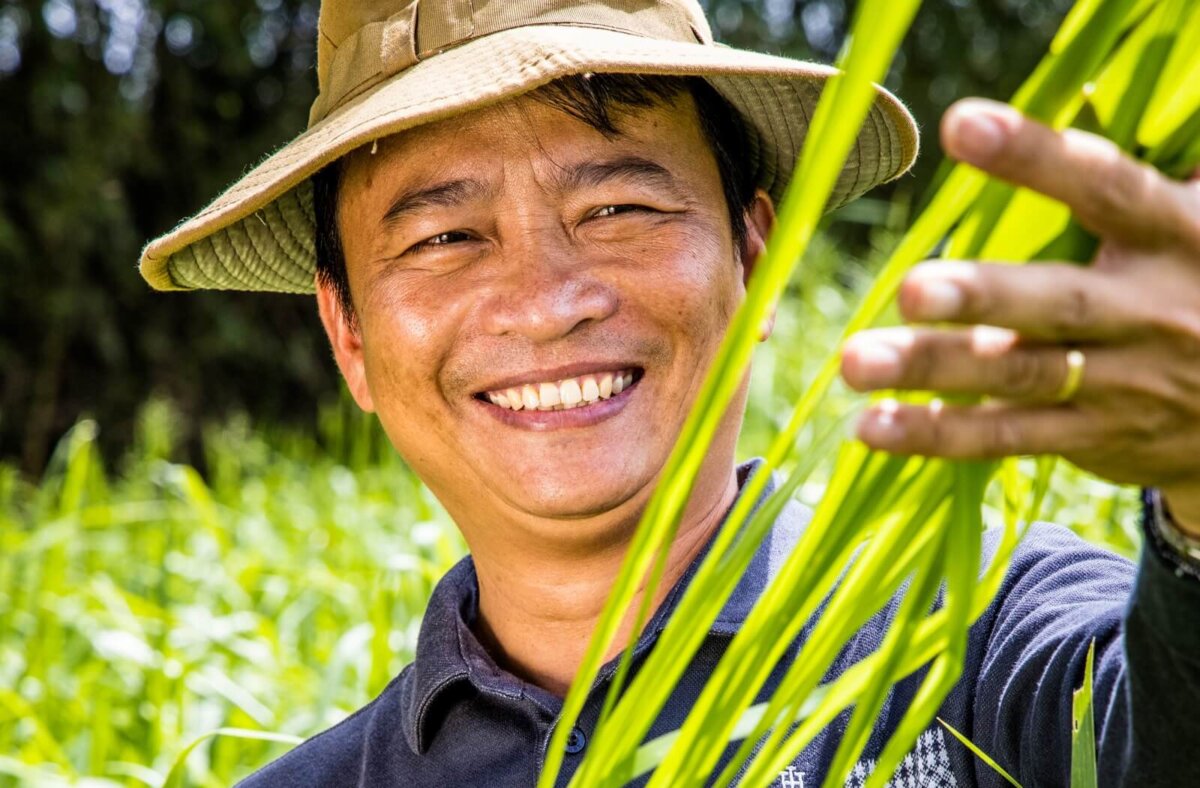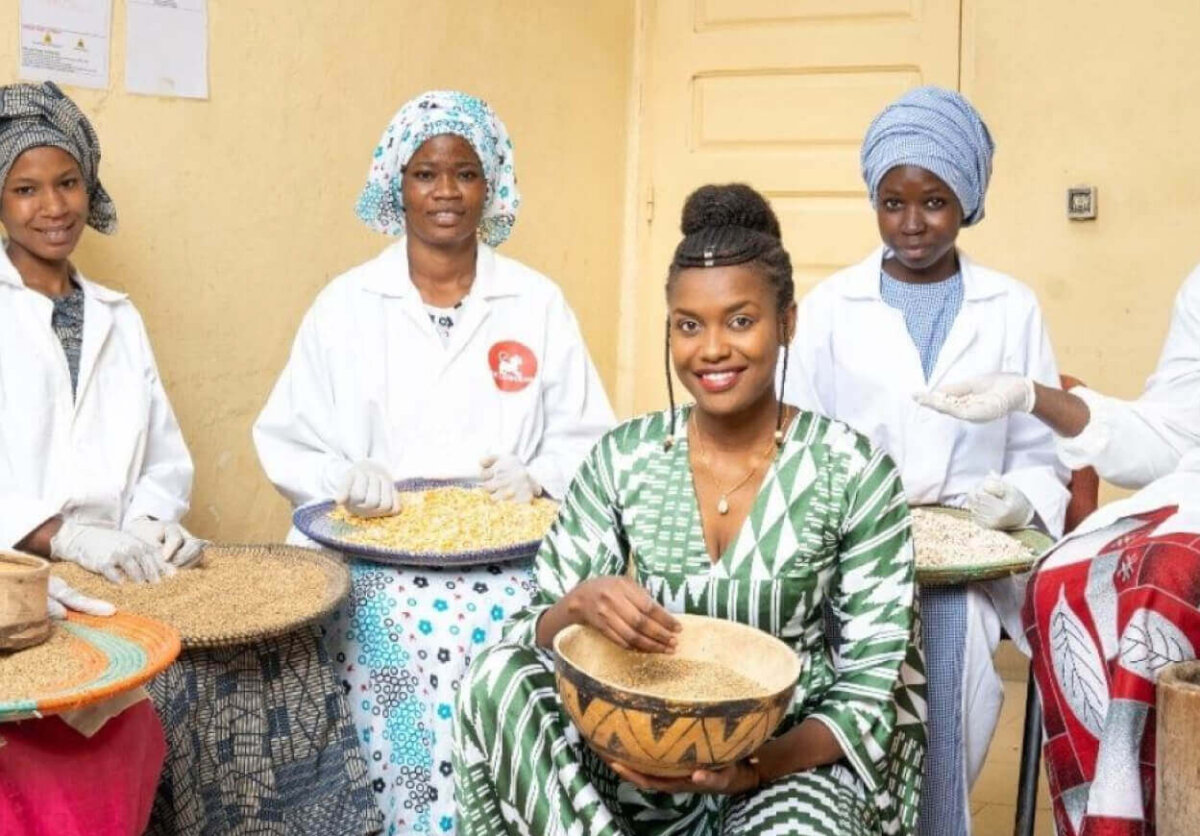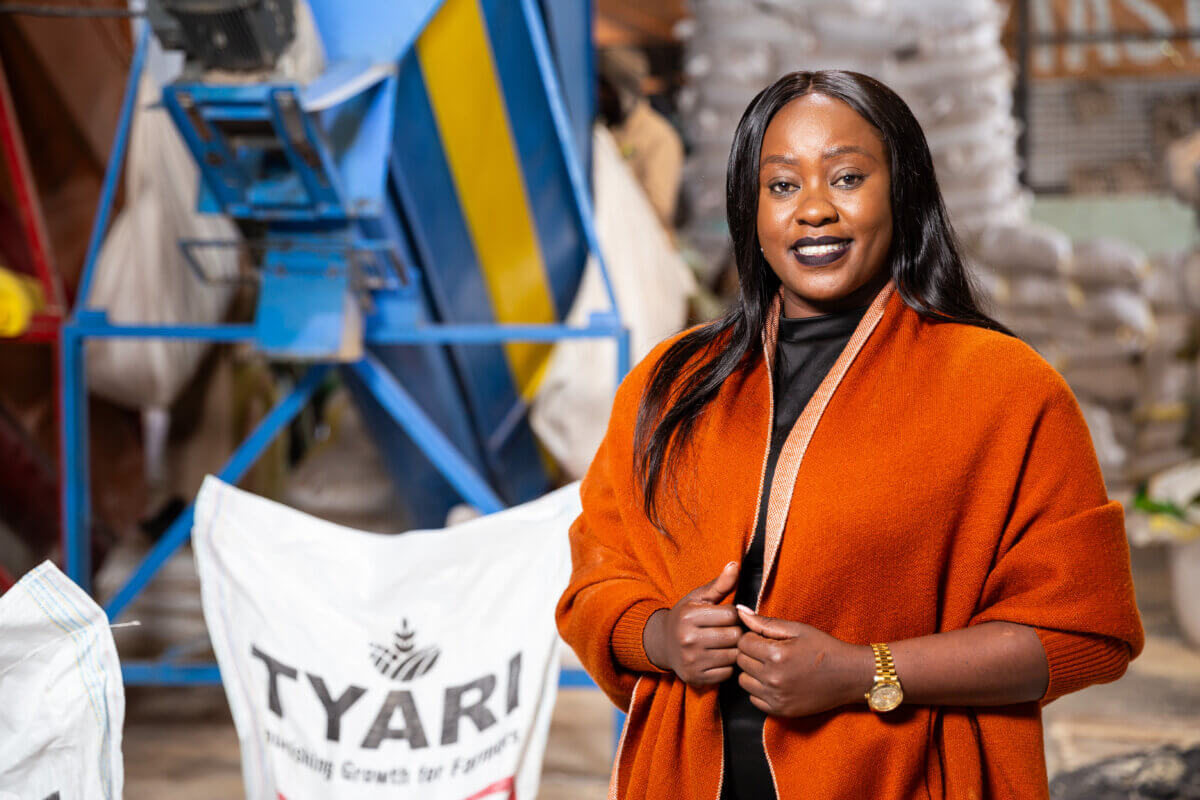- Sectors
- Animal Feed, Poultry, Fish & Pigs
Animal Feed, Poultry, Fish & Pigs
PUM experts bring practical knowledge and experience to a wide range of livestock sectors. We support feed millers with advice on feed formulation, production processing and feed quality & safety control. In poultry, we cover the full chain, from breeding to housing and processing. For aquaculture, our experts share insights into fish farming, hatcheries and product processing, including packaging and cold storage. In pig farming, we offer guidance on health, housing, breeding and farm management.
Feeding the future starts with smart, sustainable farming. Whether you are producing animal feed, raising poultry, farming fish, or managing pig operations, success depends on efficiency, innovation, and resilience.
PUM experts support SMEs with hands-on advice tailored to your local context, from feed formulation to biosecurity and value-added processing. Together, we tackle today’s challenges and prepare for tomorrow’s opportunities, assisting in growing your business and strengthening your impact in the agri-food sector.
By 2030, the global animal feed, poultry, fish, and pig farming sectors face key challenges such as rising feed costs, climate change, weak biosecurity, limited infrastructure, and market access barriers. However, opportunities include sustainable practices, local resource use, technology adoption, and growing demand for protein. PUM aims to support SMEs by promoting sustainability, improving productivity, enhancing feed and food safety, and building resilient value chains. Through expert training, innovation, and ecosystem development, PUM focuses on group-based learning, Train-the-Trainer models, and business development to empower farmers and agribusinesses in its partner countries.
Animal Feed
Dutch feed mills combine local forage production with global import flows to create balanced and safe feed mixtures. Our experts advise on feed formulation, mill management, quality control, and the operation of specialized machinery and labs. Feed safety and efficiency are central themes.
Poultry
From broilers to laying hens and from housing systems to export logistics, Dutch poultry farming has evolved into a high-tech, globally connected sector. PUM experts help navigate topics like animal welfare, environmental standards, disease control, and sustainable farm management.
Fish
The Dutch aquaculture sector is known for its innovation in both open water and indoor systems. Experts support fish farmers with knowledge of breeding, feed, water quality, and processing. They also provide training and advice on sustainable business models and international standards.
Pigs
Pig farming expertise in the Netherlands includes breeding, housing, health, hygiene and environmental care. With rising demand in many parts of the world, our experts help local farmers modernise their farms while taking welfare and sustainability seriously, often within broader local ecosystems.
Areas of expertise
Animal Feed
- Fodder farming & preservation: Advice on crop planning, harvesting and conservation (silage/hay).
- Feed formulation: Species-specific nutritional advice tailored to cost and performance.
- Feed manufacturing: Guidance on grinding, mixing, pelleting and packaging.
- Machinery & equipment: Support with setup, use and maintenance of feed machinery.
- Feed mill management: Expertise on sourcing, logistics, process optimisation and marketing.
- Feed safety: Training in HACCP, traceability and risk control.
- Quality & lab: Support in lab design, ingredient testing and quality assurance systems.
Poultry
Poultry production
- Breeding, rearing, growing
- Operational management
- Healthcare
- Hatchery and hatching process
- Farm management and record keeping
- Health and veterinary care
- Family poultry farming, organic
- Manure handling, waste management
Poultry housing
- Farm buildings
- Equipment & systems
- Alternative poultry production systems
- Climate control
Processing
- On-farm poultry slaughtering
Infrastructure
- Integrated farming (breeding, hatching, feed mill, slaughter, egg grading)
- Family farming
- Research
- Extension services
- Training
Others
- Ducks, geese, pigeons
- Rabbits, guinea pigs, etc.
Fish
Aquaculture
- Shellfishculture: methods, species, reproduction, farming and catching.
- Sustainability, certification.
- Fish farming: RAS, aquaponics, biofloc, cages, ponds, tanks,
- hatchery, nursery, breeding, farming, fish feed, certification, sustainability, farm management etc.
Processing
- Gutting, filleting, smoking, drying, cooling, freezing, storage, packaging etc.
- Machinery and installation.
Trade
- Fish auction and fish market, fishmonger shops, distribution and shipping.
- Focus on the local and regional market, promotion and presentation.
Training and education
- In fish farming.
- Policies, environment, nature conservation.
- Business management, financial management.
Pigs
General
PUM supports pig farmers in improving efficiency and quality. While market prices can’t be influenced, cost price and output can. With rising threats like African Swine Fever (ASF), strong biosecurity is essential.
Breeding
Experts advise on breeding strategies using common global breeds (Landrace, Large White, Duroc, Yorkshire), with a focus on 3-way crosses and selection tools like BLUP. Exterior trait selection helps secure productive offspring.
Feeding & Feed Management
Feed accounts for up to 80% of pork production costs.
-
Feed must match the nutritional needs of sows, piglets and fatteners at different stages.
-
Feed optimisation doesn’t always mean higher cost—local ingredients and by-products can be effective.
-
Preventing feed waste (up to 25%) through proper feeding systems is crucial.
-
Wetting dry meal and using feeding schemes improve intake and condition.
Management
Effective management boosts both technical and financial results—often without investment.
-
Collect and analyse performance data (from pen cards to computer systems).
-
Daily animal checks and prompt treatment are essential.
-
Mating management improves fertility and litter size.
Health & Hygiene
Hygiene prevents disease and supports healthy growth.
-
Disinfection, floor types, pest control and visitor protocols are key.
-
Vaccination plans should reflect local disease pressure.
-
Reducing antibiotic use is a PUM priority to combat resistance.
Housing & Climate
Adapting housing to local conditions improves welfare and performance.
-
Temperature regulation is crucial, especially for piglets.
-
Simple solutions like piglet nests and curtains can prevent heat loss.
-
A logical farm layout improves workflow and efficiency.
Artificial Insemination (AI)
AI can lower costs in larger farms.
-
Success depends on hygiene, temperature control, and equipment like microscopes and colorimeters.
Training
Training is provided one-on-one or in groups—on site or via local seminars.
-
“Training of trainers” builds long-term local capacity, especially through cooperatives or education centres.
Client examples
Upgrading a Cooperative Feed Mill
A dairy farmers’ cooperative asked PUM to modernise their feed mill and boost regional efficiency. After solving urgent issues in the first visit, a second visit followed due to production setbacks. The expert redesigned the setup and oversaw swift upgrades, including new machinery. The result: higher output, lower energy use, and less labour. These changes strengthened the entire local chain—from forage producers to dairy farms—and raised the bar for feed production in the region.
Train the trainers in fish farming
In Kenya, a programme has been set up by the government to teach small farmers the basics of fish farming, enabling them to provide fresh fish for their families and the surrounding area. Dutch NGOs, including PUM, played an important role in this. PUM experts have trained the trainers and taught farmers to make fish food.
PUM works with core sectors and enabling sectors.
The core sectors form the heart of PUM’s ecosystem. Within these sectors, we offer strategy and business planning, as well as technical assistance. We distinguish between seven food sectors and six non-food sectors within the core sectors.
To promote our ecosystem approach, core sectors are encouraged to collaborate with each other and with enabling sectors. Together, they form business ecosystems that can create greater impact
What services do we offer?
Strategy & Business Planning
Eco & Social Transition
Technical Assistance
Learning & Development
Professional people for positive impact
Looking to grow your business or organisation sustainably and build a brighter future for your community? Contact one of our representatives in your country for criteria, more information and guidance on the application process.





